Every year, America celebrates National Nurses Week starting on May 6 and ending on May 12, the birthday of Florence Nightingale, a pioneer of modern nursing. The World Health Organization designated 2020 as the Year of the Nurse and the Midwife to “recognize the critical contribution both professions make to global health.” These recognitions are more meaningful than ever in the midst of the pandemic, with nurses serving as the frontline defense against COVID-19. Project Sleep is proud to honor four nurses with narcolepsy in our community.
Recognizing Nurses with Narcolepsy for National Nurses Week
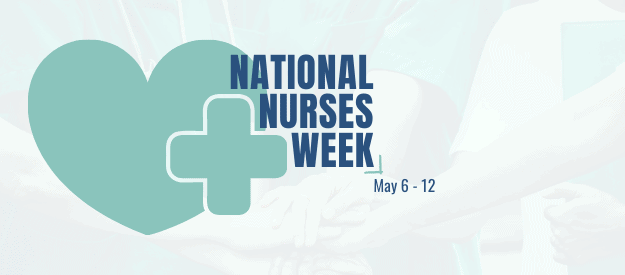
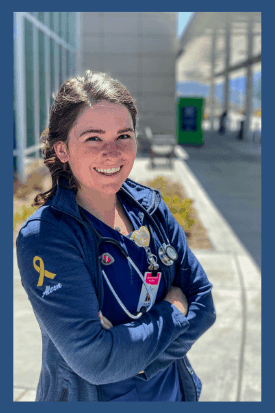
ALEXA STEED
Salt Lake City, Utah
Years serving as a nurse: 3 (8+ years in healthcare)
On nursing & narcolepsy: “It took many years of struggling to find the right medical help to be diagnosed with narcolepsy. It definitely gave me a greater perspective on advocating for my patients. People are generally coming to the hospital with similar stories of feeling misunderstood or just outright exhausted by their circumstances. My entire job as a nurse is to listen earnestly and then say, ‘Yes, I hear you, I’m here for you, and we are going to keep trying until we work this out.’”
On nursing during COVID-19: “I work in pediatric oncology where these families have been practicing social distancing and wearing masks in public long before COVID-19. If anything, it has given me the smallest fraction of understanding to what my patients were already experiencing before the pandemic.”
The best part of being a nurse: “The kids and families that I work with are hands down the very best part of my job. They are a constant reminder of strength and resiliency through hard times. I love that, in spite of it all, we can still find a way together to laugh, play, and let kids be kids.”
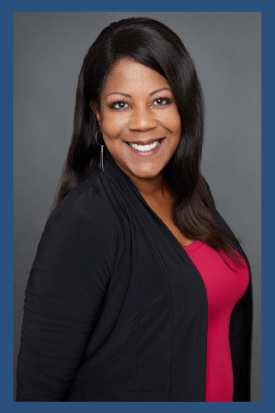
SHARON FORSTNER
Humble, TX
Years serving as a nurse: 22
On nursing & narcolepsy: “I listen to my body and take naps or frequent breaks during the workday while constantly reminding myself that it’s about progress, not perfection. I have empathy and compassion towards myself and others that live with chronic illnesses and navigate the healthcare system. I know and value the importance of staying informed and advocating for yourself.”
On nursing during COVID-19: “COVID-19 has impacted the work I perform as well as the environment in which I work. It has also reinforced the need to provide support and education across the various domains of health.”
The best part of being a nurse: “Being able to help others increase their overall knowledge about what it means to live a healthier life while assisting them to incorporate tools that empower them.”
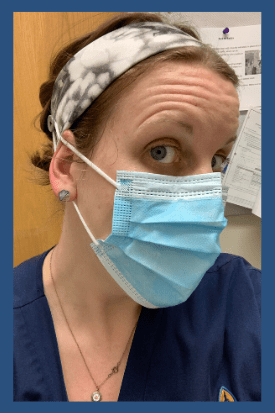
ANNIE EMBERTSON
Baltimore, Maryland
Years serving as a nurse: 5
On nursing & narcolepsy: “The key to managing my narcolepsy symptoms has been to first and foremost ask for ‘reasonable accommodations’ under the ADA, such as not working night shifts and being able to take a 20-minute nap during my shift. While it has been challenging to get these accommodations, it is important to advocate for myself and legally protect my job. Other things that help me do my job are getting a good night’s sleep, eating a healthy breakfast, staying hydrated, and staying on my feet, especially when I feel myself getting sleepy. I’ve found that being a nurse is one of the best professions for a person with narcolepsy because it is physically active and there is always something to do.”
“My diagnosis reminds me to take care of myself, along with my patients. It’s like the flight attendant says: ‘In case of an emergency, place the oxygen mask on yourself first, then help your neighbor.’ My experience living with narcolepsy has also made me into a better nurse because of my ability to empathize and understand my patient’s struggle. While I may not be sick in the hospital, I know and understand the challenges that an illness can bring to one’s life.”
On nursing during COVID-19: “The biggest change is not having visitors for our patients… I try my hardest to be there for patients who aren’t awake or cannot talk, just to let them know they are not alone.”
The best part of being a nurse: “Getting to know my patients and form a deep connection really quickly— I can still remember patients I took care of years ago, even though I can’t remember their name or what their face looks like. Knowing that I was able to help them in a time of need makes what I do worth it.”
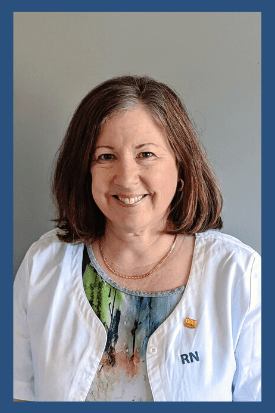
SHEILA COUTTS
Dartmouth, Nova Scotia
Years served as a nurse: 33 (retired)
On nursing & narcolepsy: “I love nursing— it fueled me. It’s a fast-paced job, which helps considerably. My experience with narcolepsy gave me more empathy and an ability to see the whole patient. I struggled to get a diagnosis for 25 years. I understand the frustrations of feeling misunderstood or unheard… Narcolepsy made me a better nurse, and person, in many ways.”
On raising awareness: “Raising awareness of narcolepsy is a passion of mine. Through education, we can reduce the years to diagnosis and therefore increase quality of life for many people. There is so much research being done; it’s a very hopeful time. It’s also a very supportive community worldwide.”
The best part of being a nurse: “I am proud to say I was a nurse. Pediatric nursing was especially rewarding, though sad at times. It is a privilege to be part of someone’s life when they are going through the worst, and sometimes best, times in their life.”
Fun Fact! All four of these amazing nurses also graduated from our Rising Voices of Narcolepsy leadership training program. Alexa, Sharon, Annie and Sheila are raising awareness and reducing stigma in their communities. Please contact Project Sleep to schedule a RVN advocate to speak to your group or class (online presentations, too).

To all nurses, from all of us in the Project Sleep community, thank you for your dedication and patience. Your hard work makes all of us stronger. This week and every week, make sure to take time to thank the nurses in your life.
Has a nurse played a vital part in your diagnosis and/or treatment journey? Share your story in the comments below.





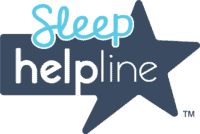
3 Comments. Leave new
Being a nurse with narcolepsy comes with many challenges, but there are also rewards beyond belief! After diagnosis I thought my career was over. But I fought back, made my body stronger and am 7 months away from becoming a nurse practitioner. I am grateful for my experience with N+C, for it has taught me to be empathetic toward all those with invisible illnesses. Don’t ever give up, and fight on!
Thank you for this comment. I would like to know what you tell your employer about your Narcolepsy or do you tell them?
I haven’t been diagnosed yet but I just discovered the name of what I have been suffering from today! And gosh it is a huge relief for me because when it starts happening it feels like I am not in control of my body like I fighting myself also, I work in an elementary school where I mentor kids, and I get embarrassed about it and at the same time I am in Nursing school. Thank you so much for this because I started getting scared about what my life as a nurse would be like with Nacrolepsy. This means a lot to me.